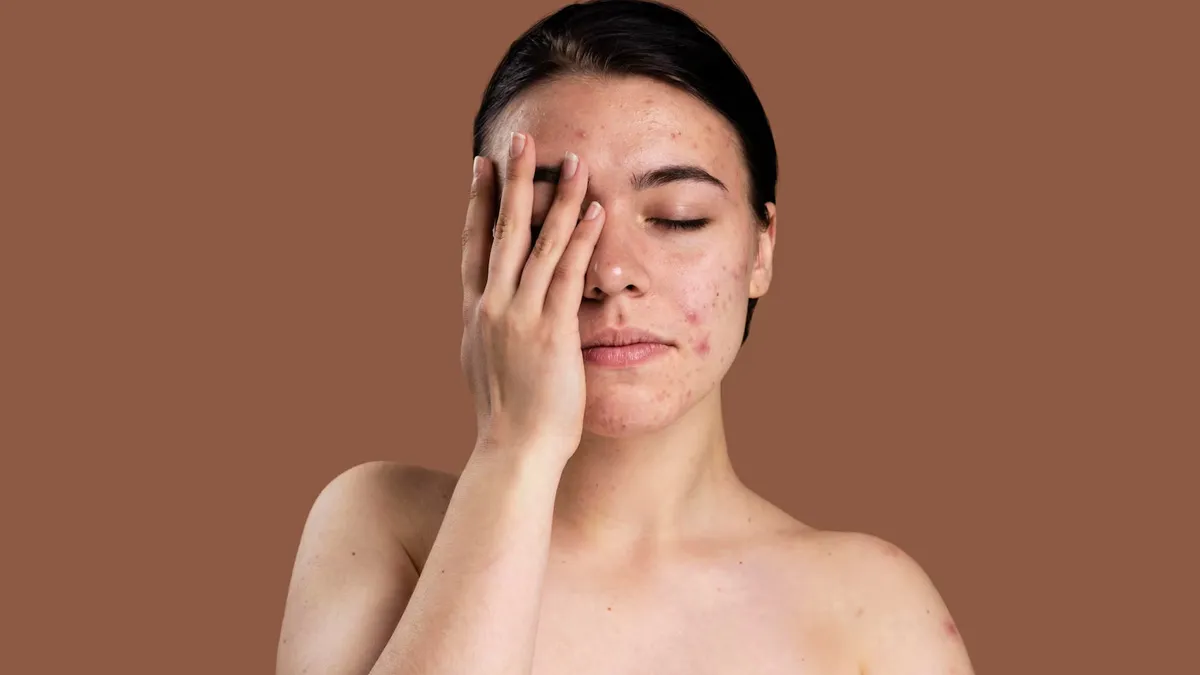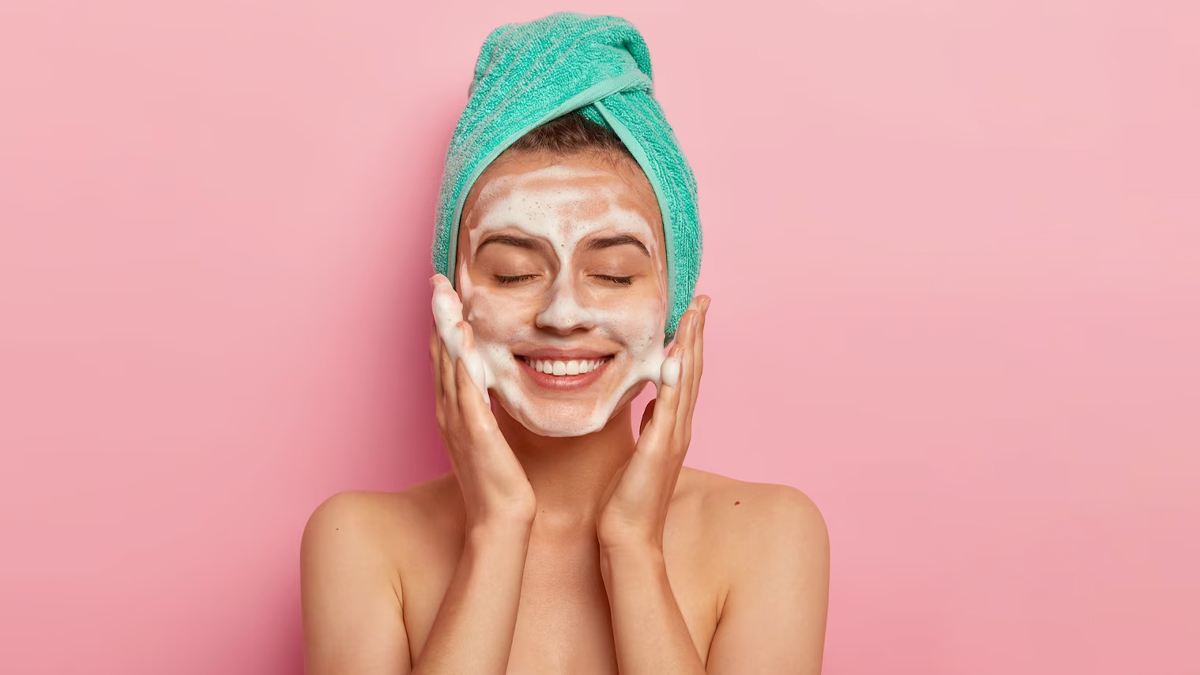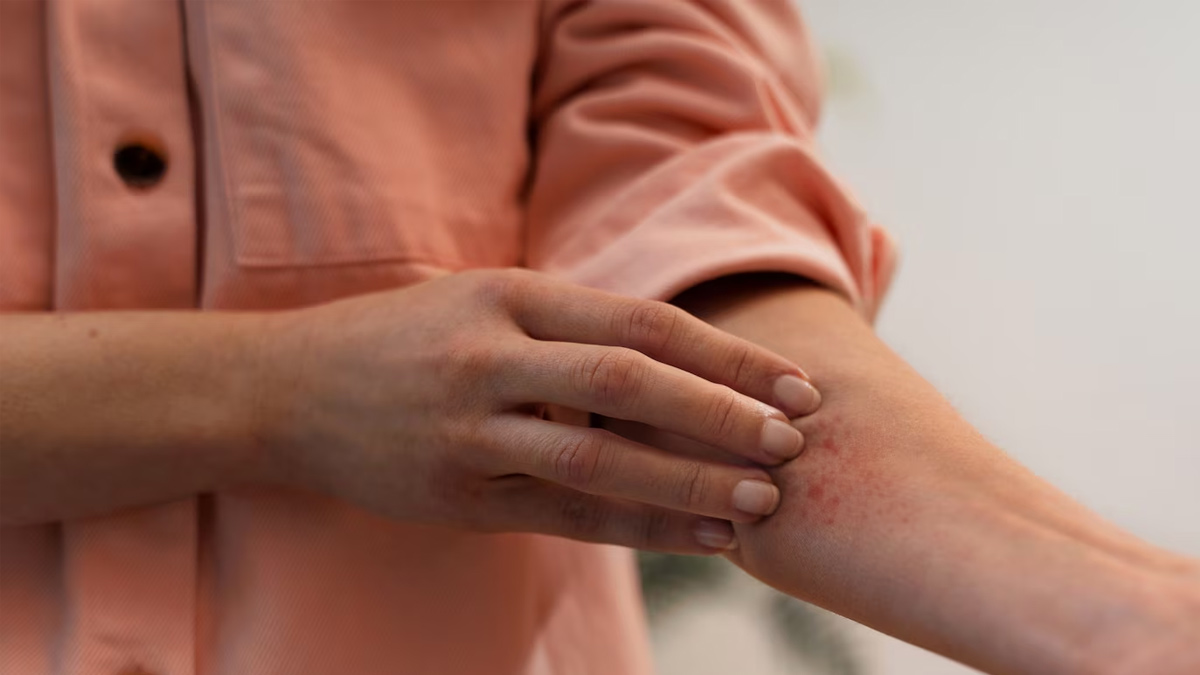
The monsoon season brings with it a noticeable shift in skincare challenges. With increased humidity, frequent dampness, and changing temperatures, we often see a rise in acne flare-ups, fungal infections, and overall skin dullness. These conditions are not just surface-level; they stem from changes in skin pH, sweat retention, and microbial activity.
Table of Content:-
While many adjust their skincare routine for summer, few recognise the unique demands of rainy weather. The solution lies in a more proactive and season-specific approach, one that combines good at-home habits with expert interventions when needed. We spoke to Dr Pallavi Rastogi, Dermatologist, VLCC, Delhi, who explained tips to prevent acne, infections, and dullness.
“Increased humidity, sweating, and pollution during monsoon months lead to skin congestion and microbial imbalances. The key is to cleanse gently, moisturise adequately, and never skip sun protection even on cloudy days. But some seasonal concerns often require more,” said Dr Rastogi.
Dermatologist-recommended facials, clinical exfoliation, and targeted skin therapies ensure the skin is deeply cleansed, balanced, and protected, especially in high-humidity months.
Tips to Prevent Acne, Infections and Dullness In Monsoon
Here are seven skin-protection techniques that experts recommend using this season:
1. Gentle, Consistent Cleansing

Humidity can trigger excess sebum and sweat, making your skin a breeding ground for breakouts. Hence, use a gentle, pH-balanced cleanser to remove buildup without stripping your natural barrier.
2. Upgrade Your Moisturiser
Skin loses water even in humid weather due to environmental stress. Choose a light, gel-based moisturiser that doesn't clog pores and maintains the skin's equilibrium without leaving an oily residue.
Also Read: Skin Cycling 2.0: How to Rotate Retinol, Acids, and Repair Products for Best Results
3. Sunscreen is Still Non-Negotiable
“Monsoon clouds may hide the sun, but UVA and UVB rays still reach your skin. Apply a broad-spectrum sunscreen (SPF 30 or above) every day, even when indoors or on overcast days, to protect your skin from pigmentation, premature ageing, and sun damage,” added Dr Rastogi.
4. Target Fungal-Prone Areas Proactively

Persistent sweat and damp clothes are a perfect breeding ground for fungal infections, especially in skin folds. Use antifungal powders, dry yourself thoroughly, and consult your dermatologist if you're prone to rashes or itchiness in the monsoon.
5. Don’t Layer Acne, Treat It
The urge to stack several products to 'fix' breakouts tends to do more damage than good. Instead, get a visit to the dermatologist for specific treatment of acne, be it a medicated serum, light therapy, or an in-clinic peel. Less-is-more under professional direction is the safest approach under humid conditions.
6. Exfoliate Clinically
Dead skin accumulation is prevalent during the monsoon. Rather than harsh scrubbing, go for chemical exfoliation, suggested by your dermatologist. Professional exfoliation enhances skin turnover and enables your skincare to penetrate better.
Also Read: Can You Put Straight Essential Oils On Your Skin? Find Out Here
7. Switch to a Clinical Facial Routine
During monsoons, grime and humidity can plug pores deeply, particularly on oily or acne skin. A professionally done facial draws out congestion, regulates oil flow, and calms inflammation. Opt for a treatment made for your skin type, and steer clear of salon facials that are not dermatologist-approved.
Bottomline
Dr Rastogi concluded, “Addressing skin issues during the monsoon is not only about cosmetic repairs but also about maintaining skin health under environmental pressure. A simple but effective skin care regimen, supplemented by appropriate in-clinic intervention when necessary, can ward off nagging problems and enhance long-term results. As dermatologists point out, understanding the way your skin reacts to seasonal changes and making smart adjustments can go a long way in keeping it clear, balanced, and healthy during the rainy season and year-round.”
[Disclaimer: This article contains information provided by an expert and is for informational purposes only. Hence, we advise you to consult your professional if you are dealing with any health issue to avoid complications.]
Also watch this video
Read Next
Looking For Safe, Natural, and Effective DIY Bikini Area Hair Removal Creams? Try This DIY Today
How we keep this article up to date:
We work with experts and keep a close eye on the latest in health and wellness. Whenever there is a new research or helpful information, we update our articles with accurate and useful advice.
Current Version